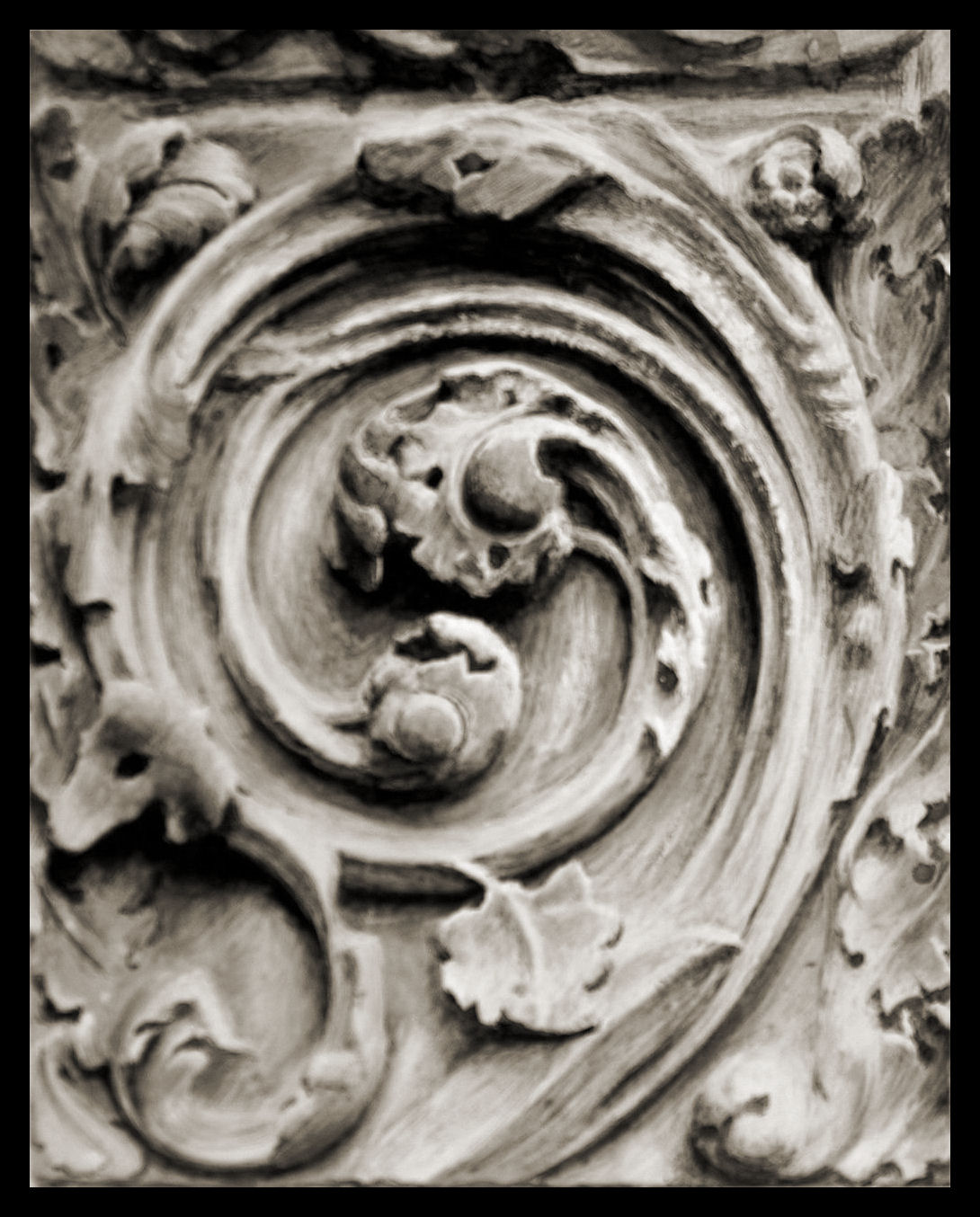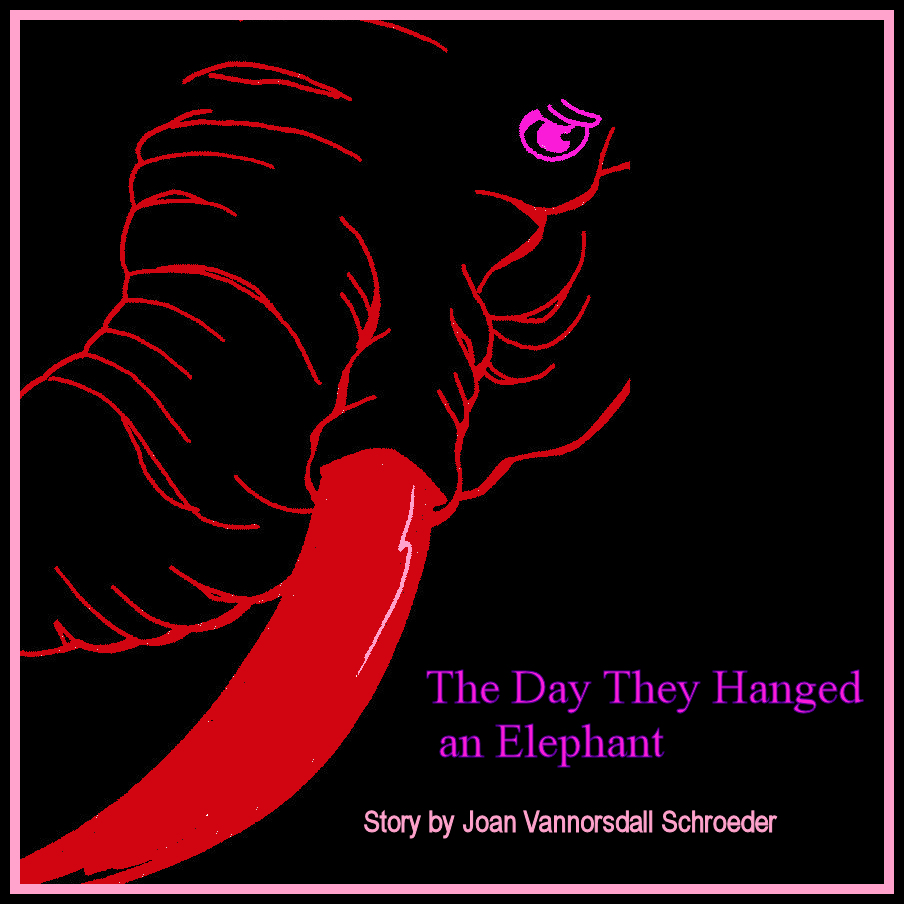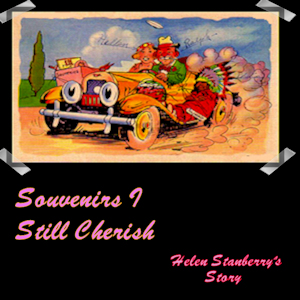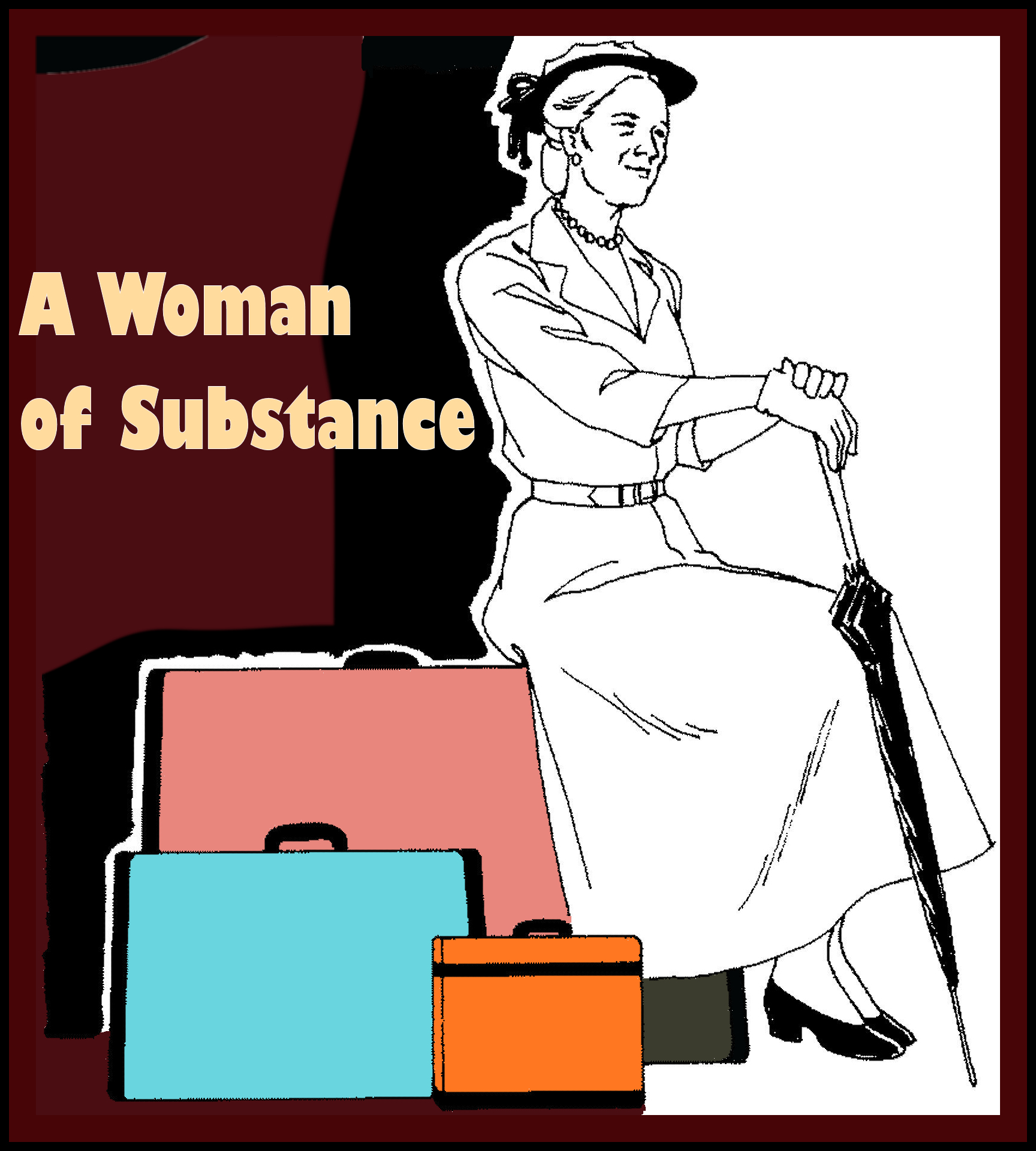
Collections


A collection of audio stories emerging from the culture and the people of the American South


Audio Stories in the Collection
Contemplating Evil
He drew a lungful of smoke from his ever-present pipe. He was now 87 years old. He once estimated that he had spent over two-thirds of his life with a pipe between his teeth, filling his lungs with burning Prince Albert pipe tobacco. To be more precise (since he was one who valued precision and accuracy), his estimate had been that he had spent 68.2 percent of his life with a pipe in his mouth.
He came from a generation of Southerners who believed that smoking a pipe was genteel, the sign of a contemplative gentleman, one who measured life carefully, and reached conclusions only after the consideration of all the available evidence.
He sat on his back deck looking at the hills behind his property. Just the merest hint of fall color. If it does not rain, in a couple of weeks the hills will be aflame with all the seasonal colors, and the looki-lews will be coming up to the mountains from Atlanta for their fall pilgrimage. Restaurants and hotels would be full. Craft fairs. Mountain music. A good time to stay home, he thought.
Still, it was good to live in the Georgia mountains. They understood him as no mortal did.
He sat on his back deck, smoking his pipe, in deep contemplation.
The Day They Hanged an Elephant
Mary was the star of a two-bit traveling circus that toured the reconstruction-era South. Charlie Sparks, the owner of Sparks World Famous Shows, claimed that Mary the Elephant was “the largest living land animal on earth,” three inches bigger than Jumbo, P.T. Barnum’s famous pachyderm. At 30 years old, Mary was five tons of pure talent. She could “play 25 tunes on the musical horns without missing a note.” She was also the pitcher on the circus’ baseball-game gag routine.
Mary was Charlie Sparks’ favorite, his cash cow, his claim to circus fame. She was the leader of his small band of elephants, an exotic crowd-pleaser, an unpredictable giant.
In addition to her circus tricks, Mary was the dominant female of the show’s elephant herd.
Rumor and exaggeration swarmed about Mary like flies. She was worth a small fortune: $20,000, Charlie Sparks claimed. She was dangerous, having killed two men, or was it eight, or 18?
On Monday, September 11, 1916, the Sparks World Famous Shows played St. Paul, Virginia, a tiny mining town in the Clinch River Valley, where drifter Red Eldridge made a fatal decision. Slight and flame-haired, Red had nothing to lose by signing up with Sparks World Famous Shows; he’d dropped into St. Paul from a Norfolk and Western boxcar and decided to stay for a while. Taking a job as janitor at the Riverside Hotel, Eldridge found himself pushing a broom, and, then, dreaming of moving on.
Eldridge was hired as an elephant handler and marched in the circus parade that afternoon. It’s easy to imagine that what he lacked in skill and knowledge, he made up for with go-for-broke bravado. A small man carrying a big stick can be a dangerous thing.
Dead Man’s Suit
Every time he wore it, he thought it had a strange odor. It had been dry cleaned multiple times and no one else noticed any sort of odor. In fact, his wife, Wilma thought he looked “spiffy” in it and loved to see him in the double-breasted, brown suit with the faintest of gray pinstripes. “He looks like a movie star,” she proudly told her sister Grace Lynn. Far better in that suit than in the greasy dungaree overalls that he wore most of the time. But truck mechanics don’t wear suits to work in. They work in greasy overalls. The brown suit was for Sunday church and extra special occasions, like when they had gone to the casino and had a steak dinner for their tenth anniversary.
For their anniversary dinner, Wilma had worn a Kelly-green dress with lots of sparkles that matched the brown suit perfectly. She had even insisted that he pay the $5 to get a special color photograph of them together in their finery.
Harlan Royce was a big-chested man and a double-breasted suit looked best on him. A single-breasted suit would make him look bulgy; he would stick out in the wrong places. But, in a double-breasted suit and with a wider, patterned tie, he looked, well, like a movie star!
Still, every time Harlan Royce wore the double-breasted suit, he noticed the smell. The one that no one else noticed.
Souveniers I Still Cherish
Helen Stanberry’s Story
The young couple had just arrived in the Blue Ridge Mountains of North Carolina. They had come from California to teach at the University. They sought property with “character” and with land. They were still amazed by a place with so many trees.
Graduate school and the cross-country move had considerably reduced their financial resources. When the agent showed them the large frame house with its towering trees and historic barn, they fell in love with the property. AND, it was one of the very few they could afford.
It would need some repairs and considerable modernization, but it was still perfect for raising their young sons.
A month or so after they had moved in, the young couple approached the barn. Its upper level was strewn with what looked like historical artifacts, things that seemed from another age. When they looked closely at these items, they found that they were actually souvenirs that someone had purchased. Each had a small tag with a notation written on it. For example, a moth-eaten, feathered Indian headdress said, Sioux Nation, South Dakota. A facsimile of the Declaration of Independence had a tag with Independence Hall, Philadelphia, and a dried-up container said, Salmon eggs, Grand Coulee Dam, Washington.
The family was puzzled. What was this collection? It obviously belonged to someone associated with the house. But who?
Then, carefully organized in a cardboard box, they found a collection of over 100 postcards. The postcards all seemed to be of the same time period, probably late 1930s, and they came from all over the United States. Only two had any writing on them.
One was addressed to Mr. S. O. Stanberry and was signed Helen. It simply said, “mailed package of my souvenirs, hope they arrive safely.” It was postmarked Kalispell, Montana.
The second was a cartoon postcard of a car loaded with souvenirs. On the front someone had written “Helen” and “Ralph.” The message on the back simply said, “Heading home, S.E. Eggers.” The postcard had been cancelled, but there was no marking where.
The young wife took the box of postcards into the house and placed them in a safe place. Later, she inserted each card into a plastic sleeve. As she looked through them, she wondered, “Who was Helen?”
Night Rider to Truckee
Every twelve minutes, a new light rail train would arrive from the Downtown, disgorging its many passengers. It was not long before I had several companions also waiting in the hot sun for the very late eastbound bus.
There was a young woman who was obviously a student at the State University. Unlike those of us now working for a living, she could wear shorts and flip-flop sandals.
There was a middle-aged woman wearing medical scrubs. I assumed that she either worked in a hospital or in a doctor’s office. She was obviously distressed because the bus was so late. “Probably, has to pick up some kids at daycare,” I surmised.
Then, there was a heavy-set- male commuter wearing a dark blue Hawaiian shirt. I soon learned that he had appointed himself as the official spokesperson for the bus company. “Probably caught in heavy traffic because of some kind of accident,” he mused. “The bus can’t fly, you know. Always gets pretty gnarly up at the merge. Bus just stuck in traffic. Not the driver’s fault.”
“Thank you, Mr. Hawaiian shirt! Glad that you can fully explain what you don’t know,” I thought. None of us know anything. All we know is that the bus is late and we’re really hot.
I had been waiting in the hot August sun for over an hour when the three-twelve train arrived, and its passengers spilled out.
One of the last to emerge was Bicycle Guy. That’s what I called him. It would only be much later that I would know his name.
Bicycle Guy pulled his bike, three knapsacks, and his guitar off the train and began to amble toward us. He was smoking a cigar. His aroma reached us before he did.
When he came to the only tree in the otherwise desolate “transportation hub” he leaned his bike against it, dumped his knapsacks on the ground, and then gently placed his guitar within the slim patch of the tree’s shade.
With his guitar carefully placed, he turned to those of us who were impatiently waiting and asked, “Is this where the bus from Auburn comes?”
A Woman of Substance
I was playing with some of my cousins and my younger brothers up by the big chestnut tree, the one my Pap always refused to cut down. The tree had the blight and should’ve been cut down and the stump burned. But my Pap liked that tree. He would never cut it down.
To us kids, it did not matter that it had the blight. It was ours to climb on and to hide in. We were glad that he’d never cut it down.
Anyways, I was playing with my kin up by that big tree. Then, I heard my Pap say, “Eugenia!” He said it loud with a stern voice. I knew to come runnin’ when he called me like that.
He was sitting on the porch next to a gentleman wearing his best Sunday go-to-meetin’ dark suit. The gentleman had some gray hair at the temples, and he was beginning to bald.
When I came up the steps to the porch, both of the men stood up. My Pap spoke. “Eugenia, I want you to meet Mr. Winston Harrison.”
“Please to meet you, sir.”
My Pap continued. “Mr. Harrison is an Engineer for the Missouri Pacific Railroad. He has a house up in Omega.”
His voice trailed off. I waited for him to complete his sentence.
“Eugenia, Mr. Harrison is going to be your new husband. I’ve promised him that we can make it official next week in the Parson’s House at the Presbyterian Church in Omega.”
I did not know what to say. I simply stood there. I was just thirteen years old.





